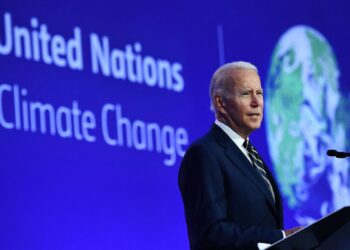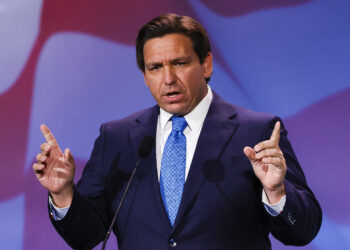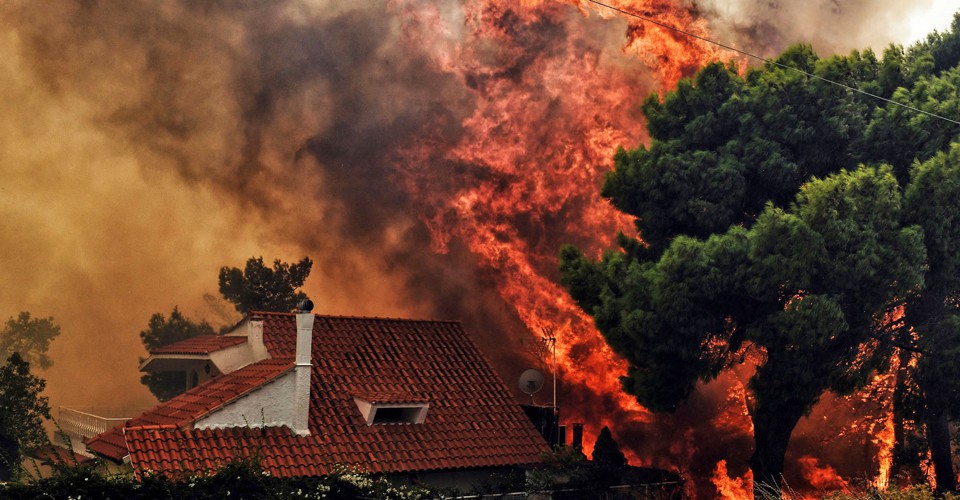On July 17, European Commission President Jean-Claude Juncker announced that he will visit the White House on July 25. His visit comes amid an escalating trade dispute between the United States and European Union that has been characterized as a “war” in some quarters. However, despite President Donald J. Trump’s label of the E.U. as a “foe” in the international economy, both sides benefit greatly from their continued economic interactions.
As a Professor of Economics at the University of South Carolina, I have seen first-hand the benefits of U.S.-E.U. trade in my home state. BMW, the German automaker, has maintained a large manufacturing facility in Spartanburg County, SC since 1994. A 2014 economic impact study found that it supported over 30,000 jobs and generated almost $1.8 billion in labor income in South Carolina.
Volvo, the Swedish automaker, has recently built a $1.2 billion manufacturing plant in Berkeley and expects to employ 4000 workers. Overall, foreign-owned firms are responsible for about 7 percent of the state’s private employment. Both inputs and outputs from these manufacturing facilities keep the Port of Charleston among the busiest in the country.
Unfortunately, these investments are imperiled by international tensions. Many manufacturers have already been squeezed by the Trump administration’s steel and aluminum tariffs. Both goods are important inputs in many manufacturing processes (such as autos and construction), and rising costs resulting from those tariffs force manufacturers into choosing between cutting production or passing along price hikes to their customers. Furthermore, the current trade war is being fought on multiple fronts, limiting the opportunities for U.S. made goods to be exported to China. This last issue has been a particular problem for BMW, which has announced plans to expand assembly plants in China as a result of U.S.-Chinese tariff battles.
The latest round of threats has involved a potential 20 percent tariff by the U.S. on imports of autos and auto parts from Europe. Such an event would severely disrupt the supply chain of European automakers. While a short-run effect might be to force American automakers (including the American subsidiaries of foreign automakers) to produce more in the U.S. and to source more from American parts manufacturers, the long-run effect would be almost wholly negative. It would discourage foreign automakers from creating or expanding manufacturing facilities in the U.S., as they would have trouble importing the requisite parts and would instead seek other markets.
What has many economic analysts afraid, however, is that the relatively limited tariffs that have been imposed so far may escalate in the coming months. Trump’s administration has clearly not felt itself to be bound by agreements and institutions created by previous U.S. presidents.
In the five decades after the end of World War II, the tariffs between developed countries decreased sharply, developing countries slowly became integrated into the world economy, and the General Agreement on Tariffs and Trade (GATT) – which later evolved into the World Trade Organization (WTO) – created a system of multilateral rules that reduced the tensions created by trade disputes. Combined with technological advances and a generally peaceful world order (undergirded by other institutions such as NATO and the European Economic Community), world trade expanded dramatically, and much of the developed world reached new heights of prosperity.
Unfortunately, a combination of political and economic factors have called these pillars of postwar prosperity into question. The WTO has struggled to complete its Doha Round of negotiations, and there has been a pointed shift towards bilateral and regional trading agreements largely outside of the WTO system.
The website Axios has reported that President Trump has repeatedly told his advisors that he would like to withdraw the U.S. from the WTO, much as he has the incipient Trans-Pacific Partnership and would like to form the North American Free Trade Agreement. While he would need to permission of Congress to go that far, his aggressive actions in the trading sphere have shown that he much prefers to negotiate with other countries on a one-to-one basis, rather than multilaterally. A trade war with the E.U. would be one more move away from the WTO framework of multilateral trade rules.
Hence, the stakes are high as Commissioner Juncker comes to visit Washington. A trade war between the U.S. and the E.U. would have a direct and negative effect on both parties. However, the bigger fear is that, as the U.S. fights a multi-front trade war while calling into question many of the institutions that undergirded postwar stability and economic growth, that we might see the breakdown of an order that was decades in the making. Both the U.S. and E.U. have a great interest in seeing that it does not happen.
Disclaimer: The views and opinions expressed here are those of the author and do not necessarily reflect the editorial position of The Globe Post.




















